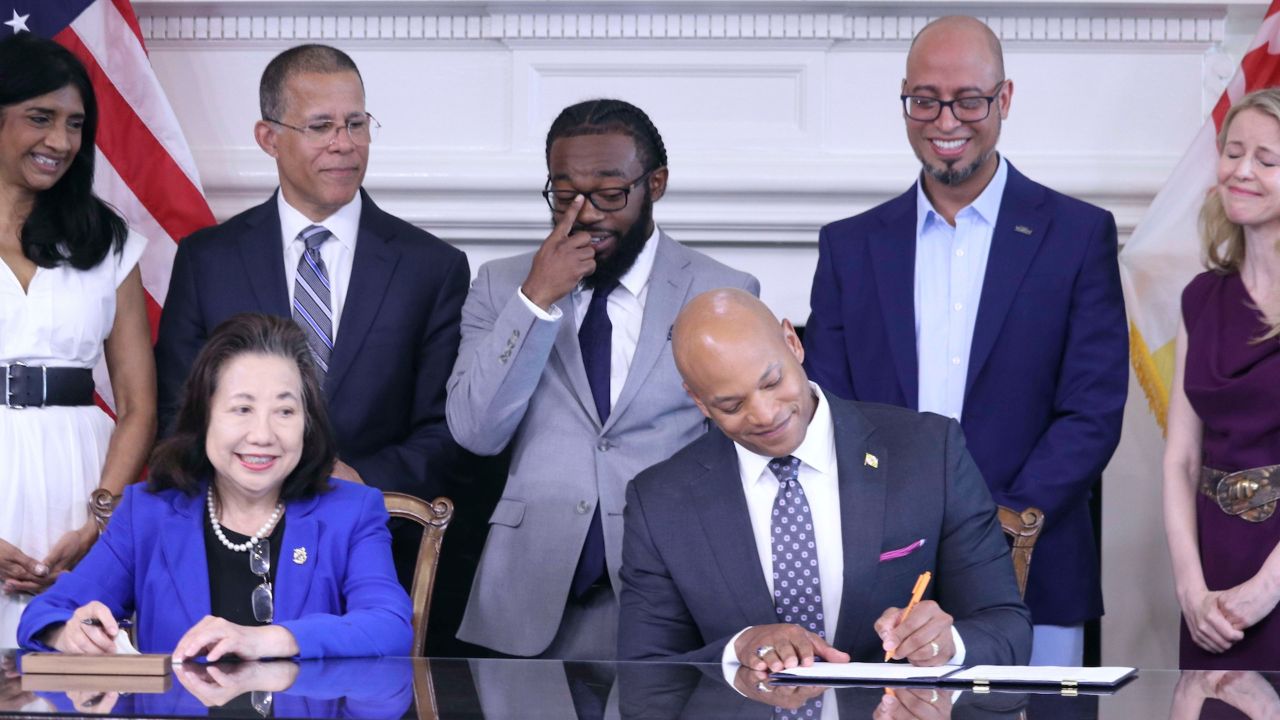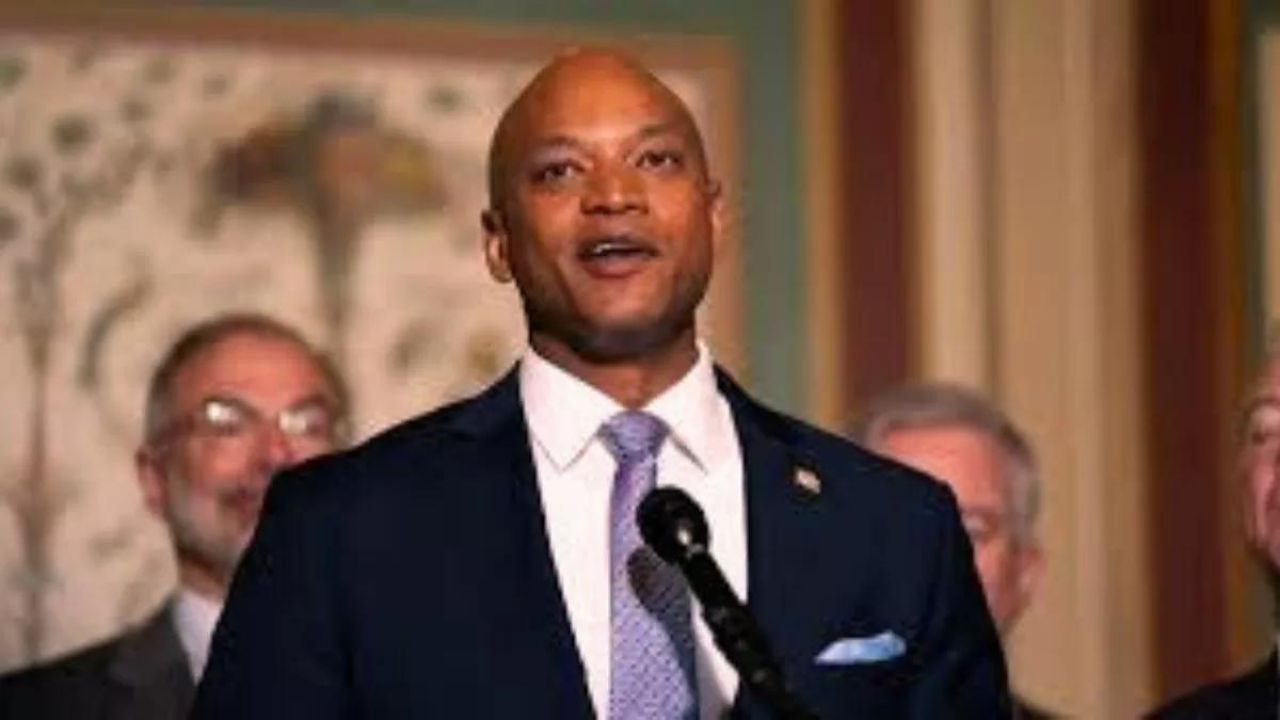In a significant act of mass clemency, the governor of Maryland pardoned over 175,000 people who had been convicted of marijuana offenses on Monday. This shows how quickly public opinion is shifting toward a substance that more and more Americans want to see legalized.
Maryland Governor Pardons 175,000 Marijuana Convictions:
In 2022, the state authorized marijuana use for recreational purposes. The federal government and several other states have also eliminated low-level prosecutions for marijuana possession.
On Monday morning, Maryland Governor Wes Moore issued an executive order that over 175,000 convictions for minor marijuana-related offenses were erased.
According to his administration, the mass pardon would likely affect around 100,000 persons convicted of petty offenses such as possession. A few of them hold several convictions.

At a press conference, Mr. Moore stated, “I take this responsibility very, very seriously,” and he acted “with deep pride and soberness.”
The change was made two days before Juneteenth, a day Black Americans celebrated the abolition of slavery in the United States following the American Civil War in the late 1800s. June 19 was designated as a federal holiday by a measure signed by President Biden in 2021.
The attorney general of Maryland, Anthony Brown, stated on Monday that “today is about equity; it is about racial justice.” “Although the order covers everyone who fits the requirements, the impact is a victorious win for African Americans and other Marylanders of color who were disproportionately detained, found guilty, and given sentences for acts that are legal today.”
Voters in Maryland enacted a constitutional amendment in 2022 that allowed recreational marijuana usage and decriminalized the possession of small amounts of the drug for personal use. The Press reports that marijuana is now legal for recreational use in twenty-four states and the District of Columbia.
According to a study from the National Organization for the Reform of Marijuana Laws, Maryland has joined the Biden administration, nine other states, and a few localities where officials have given mercy in some manner to those convicted of low-level marijuana offenses. The group claims that Maryland’s decision is noteworthy due to the sheer number of convictions it pardons.
According to Mr. Moore, his executive order is exceptional in that it pardons those who have been convicted of both possession of cannabis and possession of accessories connected to the drug.
Mass Pardon:
People’s criminal records still contain the convictions even after the wholesale pardon. Those whose convictions are overturned under Maryland’s program may petition a state court to have their records erased. In a background briefing, an administration official informed reporters that courts consider those cases individually; they are not resolved automatically.
Anyone having an electronic record indicating a misdemeanor marijuana conviction in the state is immediately eligible for the bulk pardon. Individuals with convictions that precede computerized records are eligible for a pardon but must apply individually. The official stated that their petitions would be approved if they matched the requirements.
On the other hand, not everyone is eligible for Pennsylvania’s misdemeanor marijuana pardon program; each applicant must apply. Under such a scheme, under 300 individuals were pardoned in 2023.
According to Jason Ortiz, head of the Last Prisoner Project, a nonprofit that promotes mercy for cannabis offenders, a low-level marijuana conviction might be a significant life setback.
“As someone who was arrested for possession of cannabis at the age of sixteen and was charged with an accelerated charge due to the presence of paraphernalia and a pack of rolling papers, I was torn from my family and friends, denied access to my high school education, and had to spend two years in isolation for a simple cannabis charge,” Mr. Ortiz stated.
Requests for comments on the mass pardon from several Republican politicians who have opposed various cannabis legalization-related bills in Maryland were not immediately answered.
According to an administration official, no prisoner was being directly released by the presidential order since no one was now doing time in Maryland on minor marijuana charges alone. Even if their misdemeanors were pardoned, those found guilty of felonies and misdemeanors would still be required to carry out their felony sentences.
